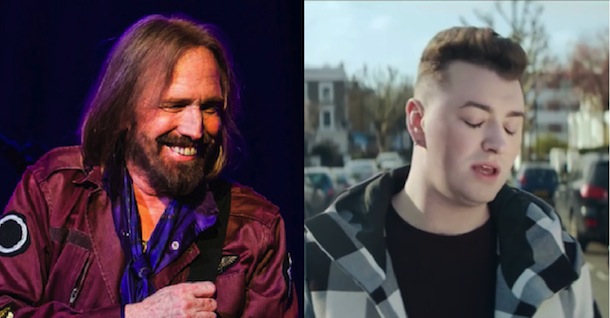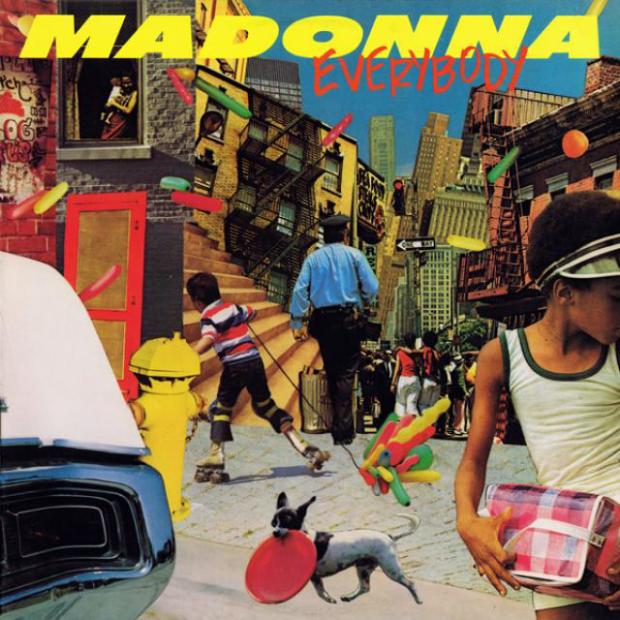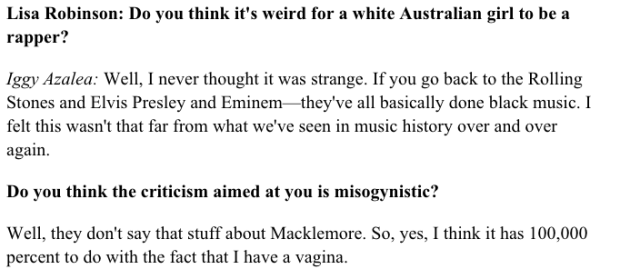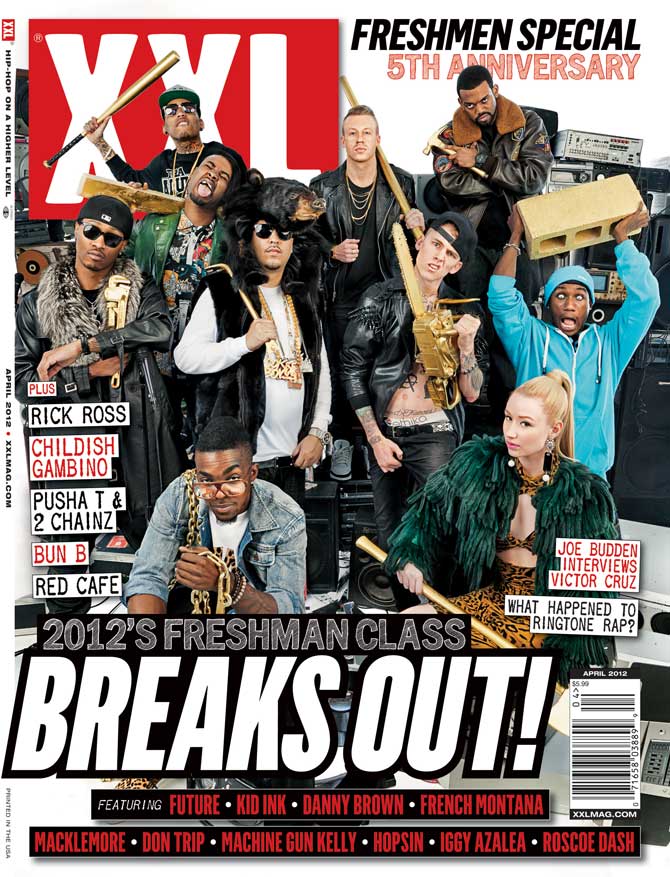In 2014 Sam Smith released his worldwide hit “Stay With Me“, which has sold nearly 3.5 million copies to date, and won for song of the year at the 57th Annual Grammy Awards. Nearly nine months after the song’s release Sam Smith gave songwriting credit and 25% of all royalty earnings surrounding the song to Tom Petty and Jeff Lynne. But why?
 Under copyright law independent creation of a new work is not infringement, no matter how similar the new work is to a pre-existing original. This means that if I happen to create a song that sounds identical to an existing song, but their similarities are pure coincidence then copyright law has not been violated. In this case Sam Smith’s “Stay With Me” sounds similar to Tom Petty’s “I Won’t Back Down” (1989) though Sam Smith says, “It was a complete accident. I am 22 years old… I’ve never listened to that song.” This seems like a pretty clear case of coincidental likeness, more than it does an illegal act of copying. So why would Sam Smith’s label agree to list Tom Petty as a songwriter of “Stay With Me” and give him potentially hundreds of thousands of dollars? Most likely this was a pure business decision where the costs of paying off Tom Petty are wegihed against the cost of litigation in court. Even if Sam Smith could win the case in front of judge, taking a case like this to trial may cost much more in legal fees and PR energy than it would to simply settle with Tom Petty out of court. Tom Petty has rebutted reports that he is simply shaking down Sam Smith by saying “the word lawsuit was never even said and was never my intention”.
Under copyright law independent creation of a new work is not infringement, no matter how similar the new work is to a pre-existing original. This means that if I happen to create a song that sounds identical to an existing song, but their similarities are pure coincidence then copyright law has not been violated. In this case Sam Smith’s “Stay With Me” sounds similar to Tom Petty’s “I Won’t Back Down” (1989) though Sam Smith says, “It was a complete accident. I am 22 years old… I’ve never listened to that song.” This seems like a pretty clear case of coincidental likeness, more than it does an illegal act of copying. So why would Sam Smith’s label agree to list Tom Petty as a songwriter of “Stay With Me” and give him potentially hundreds of thousands of dollars? Most likely this was a pure business decision where the costs of paying off Tom Petty are wegihed against the cost of litigation in court. Even if Sam Smith could win the case in front of judge, taking a case like this to trial may cost much more in legal fees and PR energy than it would to simply settle with Tom Petty out of court. Tom Petty has rebutted reports that he is simply shaking down Sam Smith by saying “the word lawsuit was never even said and was never my intention”.
Sadly the situation is so obvious to all partys involved that “the word lawsuit” doesn’t even have to be said.




